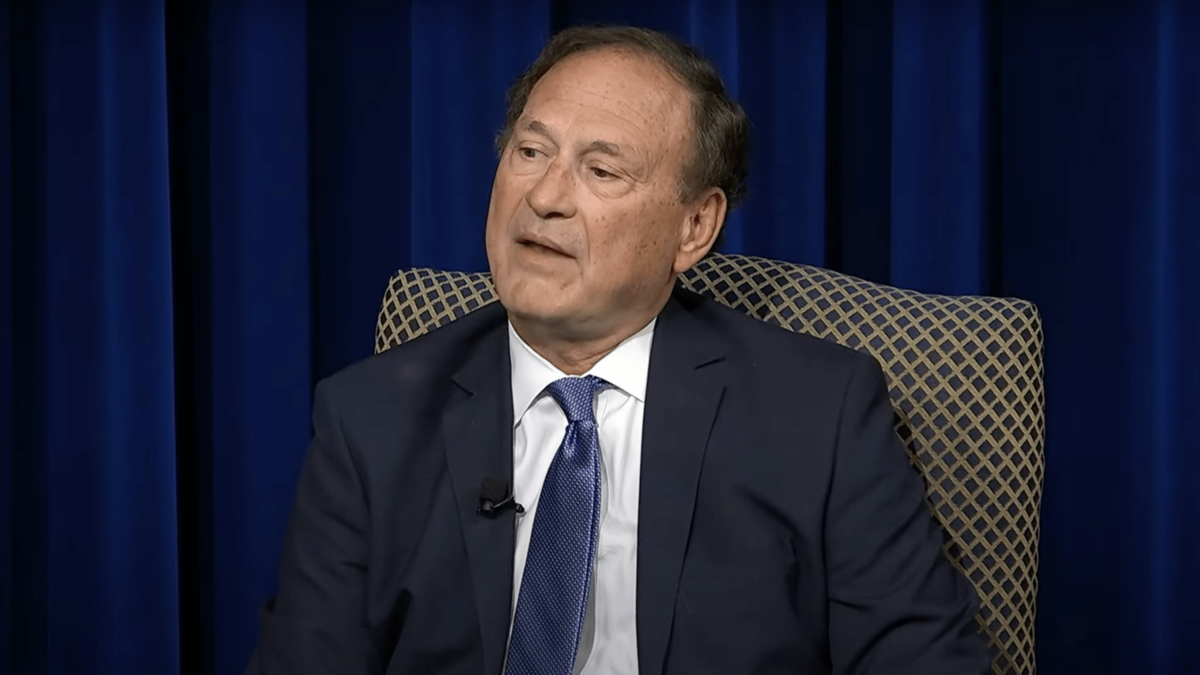Leftist Lawyers Try To Protect Killing The Unborn By Calling It A Religion
The Supreme Court’s decision last summer in Dobbs v. Jackson Women’s Health Organization That “the Constitution does not confer a right to abortion” The attacks on legal protection of the unborn did not cease. Moving forward most challenges will use the same arguments but shift the venue to the state courts. Launching are also abortion lawyers less conventional attacksPro-life laws, which include the violation of the right to freely practice religion under state constitutions and statutes, are all examples.
For example, last year saw a Florida Jewish congregation and clergy from other religious organizations. challenged Florida’s ban on abortion after 15 weeks of pregnancy. Ohio’s Jewish congregations challenged that state’s ban on abortions after a fetal heartbeat can be detected. Several Jewish women are also involved in abortions. challenged Kentucky’s near-total ban on abortion. In each of these cases, the argument is that the law prohibits abortions that the plaintiffs’ religion allows.
Similar suit in IndianaAmerican Civil Liberties Union (ACLU), in support of Hoosier Jews for Choice clients, argued that abortion is required by the Jewish faith under certain circumstances. The plaintiffs claim that Indiana’s ban on almost all abortions violates its Religious Freedom Restoration Act (RFRA), which bans the government “substantially burden[ing] a person’s exercise of religion” If it isn’t, “least restrictive means” You can help to further your cause “compelling governmental interest.” Indiana’s law is modeled on the federal RFRA, enacted in 1993 — and its legal standard, known as “strict scrutiny,” It is the most complex area of law.
Congress overwhelmingly passed RFRA, and President Bill Clinton signed it into law in reaction to the 1990 decision Employment Division v. Smith. The Supreme Court affirmed a weak legal standard which allows the government frequent interference with religious practice. States such as Indiana have begun to enact their own RFRAs, following the Supreme Court’s decision. decided 1997 was the last year that the federal RFRA couldn’t be applied to the States.
Plaintiffs in the Indiana case claim that Judaism was the source of the Indiana lawsuit “a fetus attains the status of a living person only at birth” And that “Jewish law stresses the necessity of protecting the life and physical and mental health of the mother prior to birth as the fetus is not yet deemed to be a person.” Indiana’s abortion ban prohibits nearly all abortions. The plaintiffs claim that Jewish teaching would allow or require them. This is what the lawsuit claims to be a “substantial burden” on religions that are not justifiable under strict scrutiny.
Legal Problems
These types of lawsuits face many significant obstacles. First, the fact that one’s religious beliefs allow doing something does not automatically convert doing it into an exercise of religion. A law that prohibits religious believers from doing something does not automatically make it a prohibited activity. “substantial burden” on religious exercise. Third, even though strict scrutiny can be difficult to achieve, courts have found sufficient government interests to support religious exercise claims.
The Supreme Court, for example, has rejected free exercise challenges to state minimum-age Working requirements
" Conservative News Daily does not always share or support the views and opinions expressed here; they are just those of the writer."





